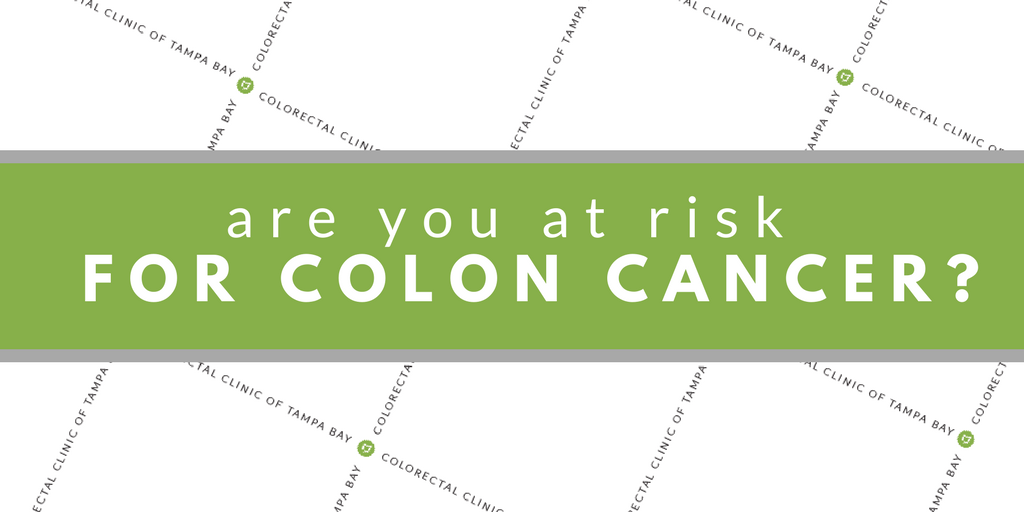Hereditary Colorectal Cancer: What Your Family History Can Tell You About Your Health
One of the larger risk factors for colon or colorectal cancer is a strong family history of the disease. While there are other external and unknown factors that can cause this type of cancer, your family’s health history is a tool you have at your fingertips to understand and work to detect it earlier. By having family members with colon cancer, your individual risk of developing colon cancer increases significantly. As many as 1 in 5 people who develop colorectal cancer have family members who have also had it.
Knowing your family’s history of colorectal cancer is extremely important to early detection of the disease through regular screening. It’s estimated that 96% of Americans believe knowing family health history is important to preventing disease, yet 70% don’t find out their family’s health history. It’s also estimated that around 15% of people who develop colon cancer have a family history of genes that cause the disease.
“It’s estimated that 96% of Americans believe knowing family health history is important to preventing disease, yet 70% don’t find out their family’s health history.”
DNA Implications
Abnormalities in the genetic code, also known as mutations, can result in disease. When a disease is inherited, it means that it’s been passed down through the genetic code from one or both parents. These abnormalities increase your risk of certain cancers if family members also carry the genetic mutation.
Family History
Knowing your family history is an important tool in your health arsenal. Certain risk factors make you a candidate for early screening of the disease. There are 15 different hereditary colon cancer syndromes. The two most common inherited colorectal syndromes are hereditary nonpolyposis colorectal cancer—or Lynch Syndrome—and familiar adenomatous polyposis—FAP. Children of men and women who carry the genetic code for either of these colorectal syndromes are 50 percent more predisposed to inheriting the disease-causing gene.
Lynch syndrome (hereditary non-polyposis colon cancer, or HNPCC): Lynch syndrome accounts for about 2% to 4% of all colorectal cancers. The condition is caused by an inherited defect in either the MLH1 or MSH2 gene, but mutations or changes in other genes can also cause Lynch syndrome. These genes normally help repair DNA that has been damaged.
Familial adenomatous polyposis (FAP): FAP is caused by changes (mutations) in the APC gene that a person inherits from their parents. About 1% of all colorectal cancers are caused by FAP.
Find out if you're at risk for colorectal cancer. Fill out the form below and we'll give you more information to help you be better informed!
Screening Options
If you know colorectal cancer runs in your family, talk to your colorectal specialist about early screening options, including annual colonoscopies, upper endoscopy screening, stool tests, CT colonography, blood tests and sigmoidoscopy. Regular screening can prevent cancerous cells from developing into malignant polyps. Early detection can prevent the need for colorectal surgery to remove these polyps. Annual colonoscopies can save lives.
Taking the initiative to find out about your family history of colorectal cancer and talking to your doctor about your screening and prevention options, you can better work to detect hereditary colon cancer earlier. More lives are being saved each year from early detection of colon cancer. Do your part to protect your health now and for life.

